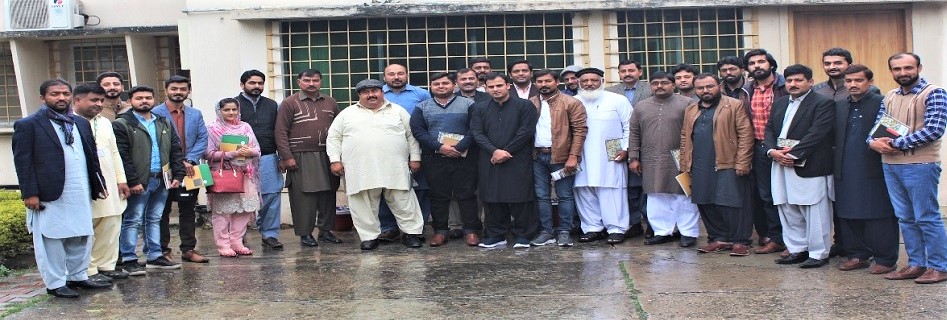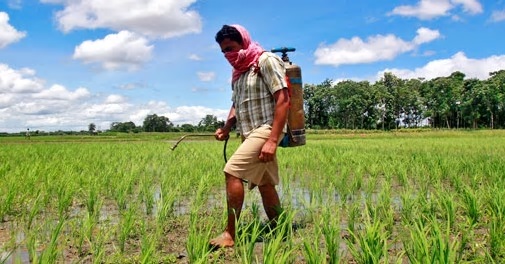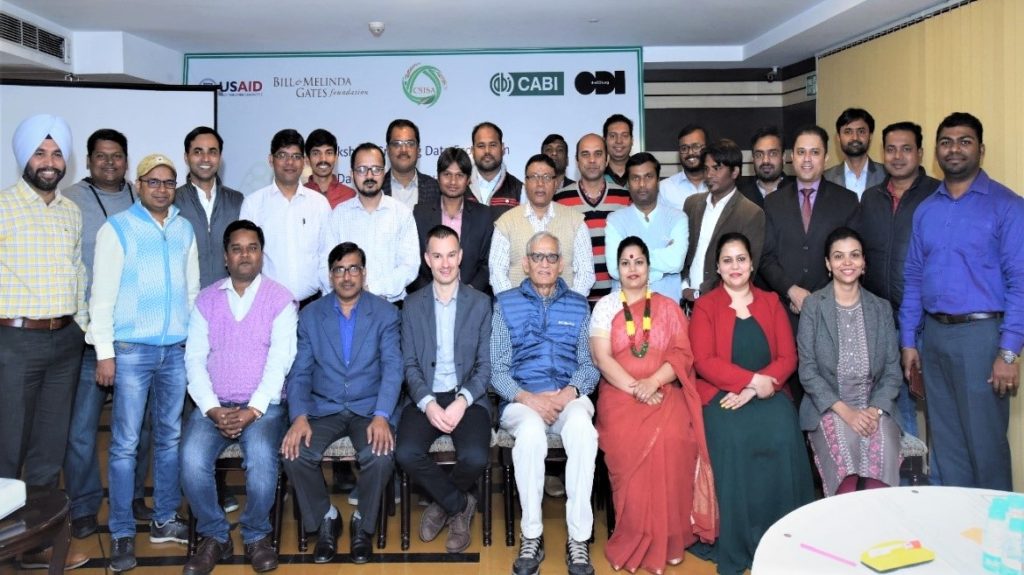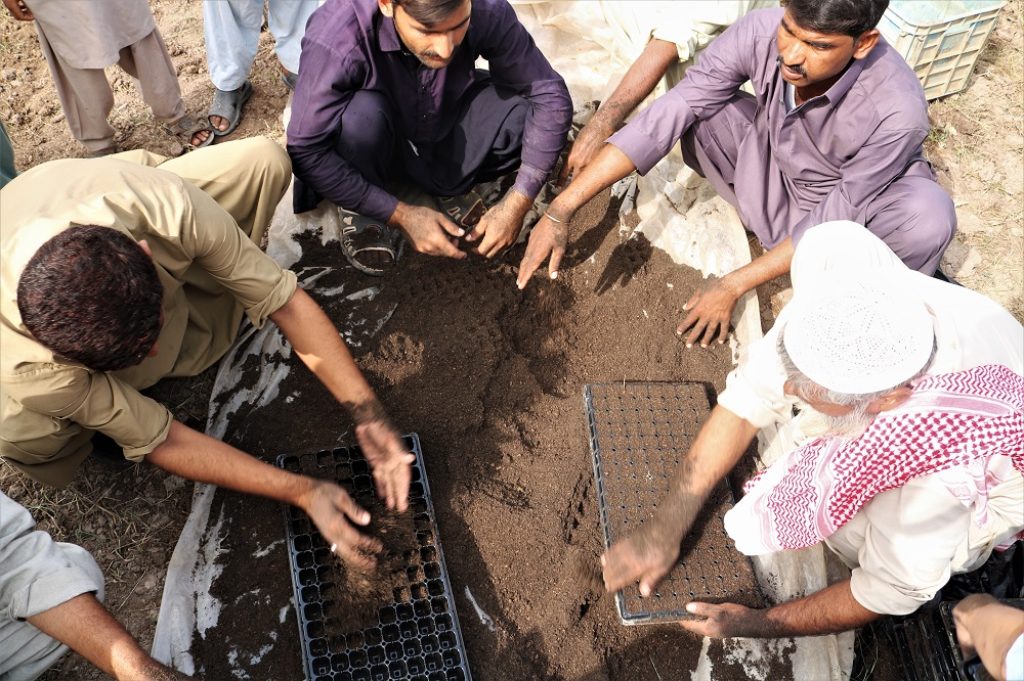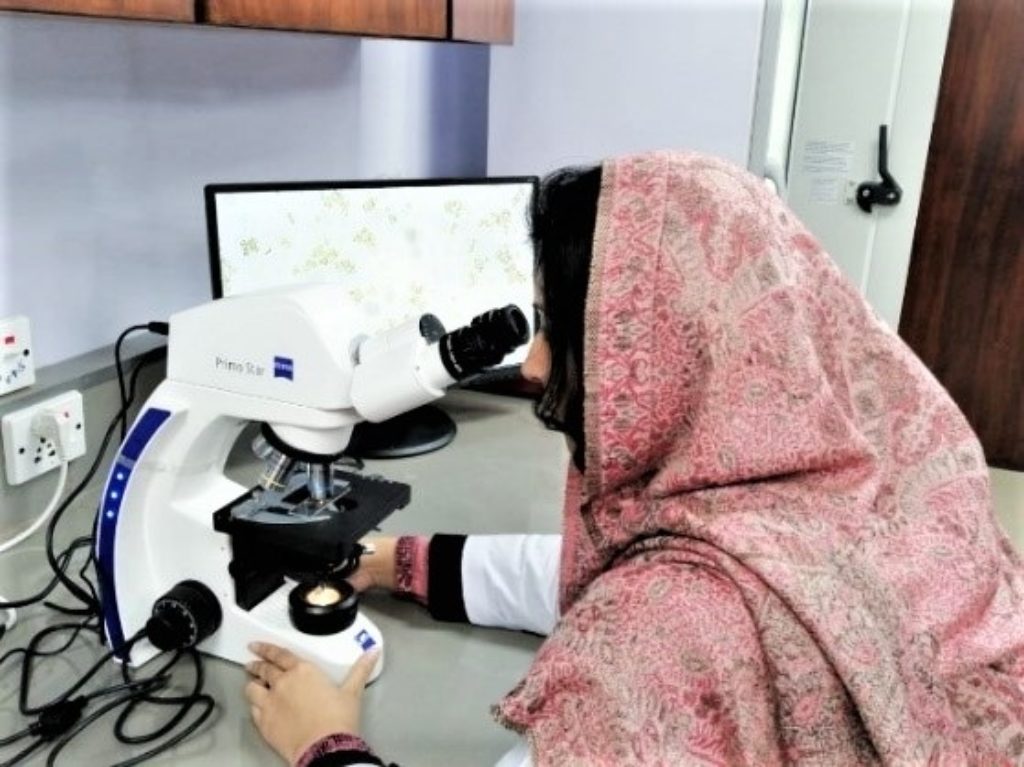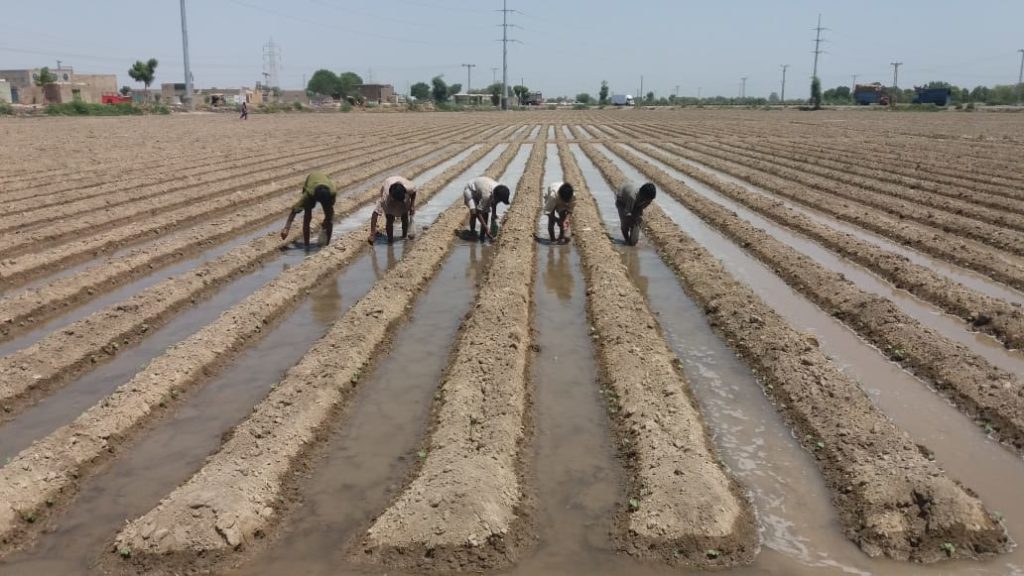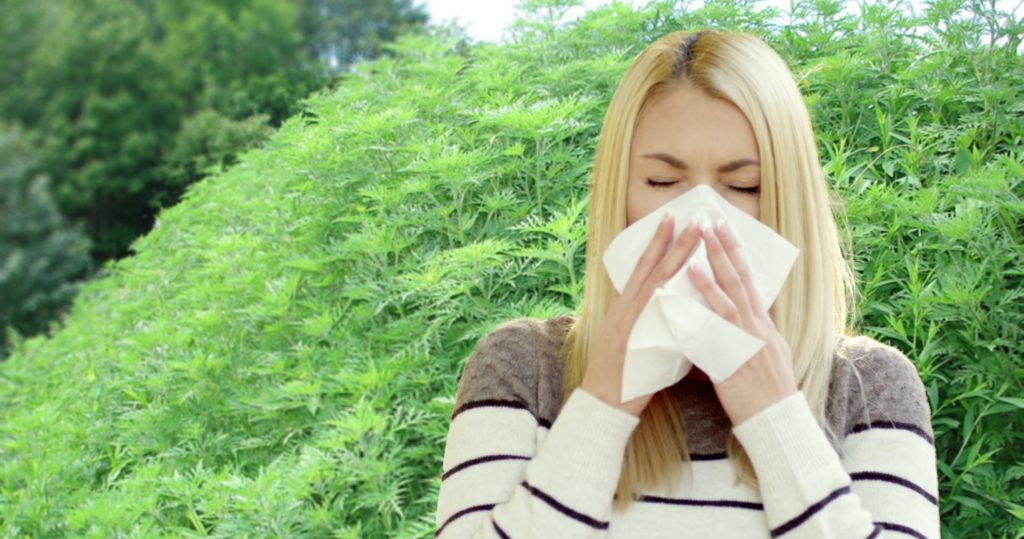Workshop focuses on creating healthy ‘data ecosystems’ to boost food security in India
CABI has been funded a two-year US$1.49 million project by the Gates Foundation to help increase food security in India and Ethiopia through better access to data on soil health, agronomy and fertilizers. This is being carried out with a focus to ensure that available data on agricultural development is based upon FAIR principles–Findable, Accessible,…
Secrets of ‘military mould’ unearthed after being hidden for over 75 years
Just a day before the plan for the invasion of France – known famously as ‘Operation Overlord’ – was confirmed on 8 February 1944, the now defunct Ministry of Supply (MoS) convened a conference on the prevention of mould growth of which CABI was privy to its information deemed ‘secret.’

